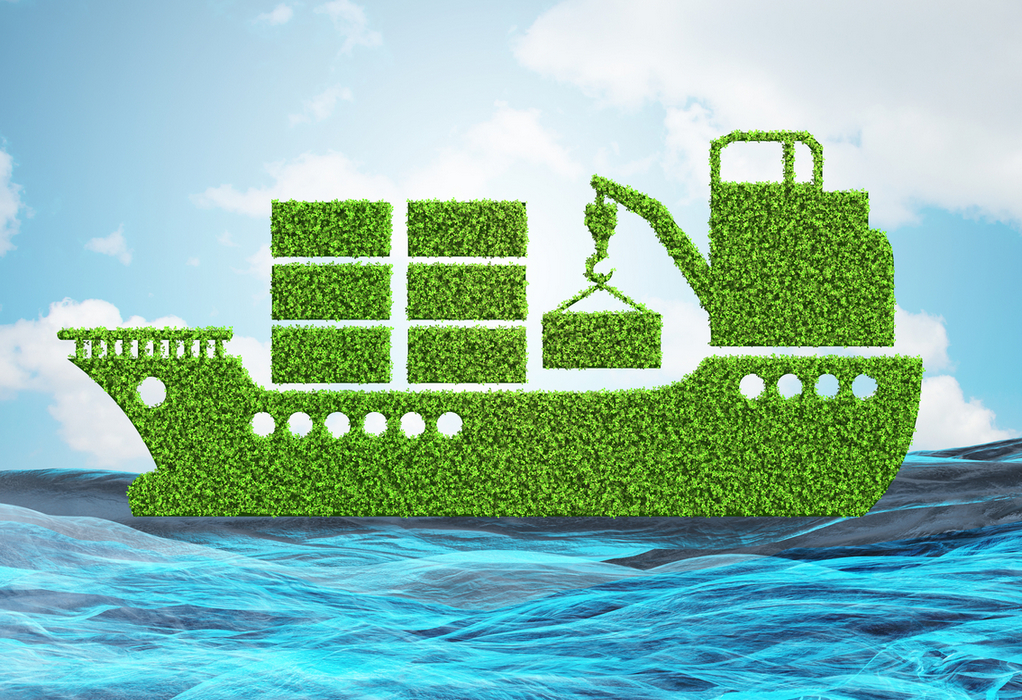New research into public attitudes towards alternative shipping fuels shows public backing for biofuel and hydrogen.
The study involving the University of Southampton also found that nuclear was preferred to the heavy fuel oil (HFO) currently used in the global shipping industry, although both were perceived negatively. Ammonia had the least public support.
Global shipping is responsible for 80 to 90 per cent of the world trade and accounts for around 3 per cent of global greenhouse gas (GHG) emissions. In 2021, 230 industry leaders pledged to achieve net-zero GHG emissions by 2050.
The new study published in Environment, Development and Sustainability is the first to test public attitudes to various fuels that could play a crucial role in decarbonising the global shipping industry.
The researchers conducted in-depth interviews and a survey of nearly a thousand people in the UK to explore public perceptions and support alternative shipping fuels.
Biofuel and Hydrogen were regarded the most favourably. Biofuel was viewed as low risk, while people felt hydrogen had low negative by-products.
Liquid natural gas (LNG) had middling support and didn’t elicit a strong public reaction, with the strongest association being around its current availability.
Nuclear was viewed more positively than HFO but it was still perceived negatively overall as people felt it was risky. As one interviewee put it, “If there was an oil spill, it’s terrible. But if there’s a nuclear spill it’s a freaking disaster.”
Although some techno-economic assessments have proposed that ammonia is the most-balanced carbon-free fuel alternative for shipping, the UK’s public perception was strongly negative. Ammonia was perceived as unproven and risky, and described as “dangerous” and “toxic” in interviews.
Interestingly, people living in port cities were slightly more supportive of using alternative shipping fuels overall.
Tags: Alterative Fuels, Hydrogen, Shipping



Recent Posts
Port of Tauranga to Trial New Zealand’s First Fully Electric Straddle Carrier
CMA CGM Scales Up Low-Carbon Fleet and Fuel Infrastructure to Meet Net Zero Targets
OceanScore Crosses 2,300-Vessel Mark as Demand for Compliance Solutions Grows
HD Hyundai and H-Line Shipping Collaborate on AI-Powered Autonomous and Eco-Friendly Vessel Technologies
MOL Holds Naming Ceremony for LNG-Fueled VLCC Energia Viking at DACKS Shipyard
Egypt Advances Maritime Decarbonisation with National Action Plan Backed by IMO
Fuelre4m unveils VIRDIS: A predictive AI breakthrough in global fuel distribution, powered by Five9nes
EXMAR Launches First Ammonia-Fueled Gas Carrier at HD Hyundai Mipo